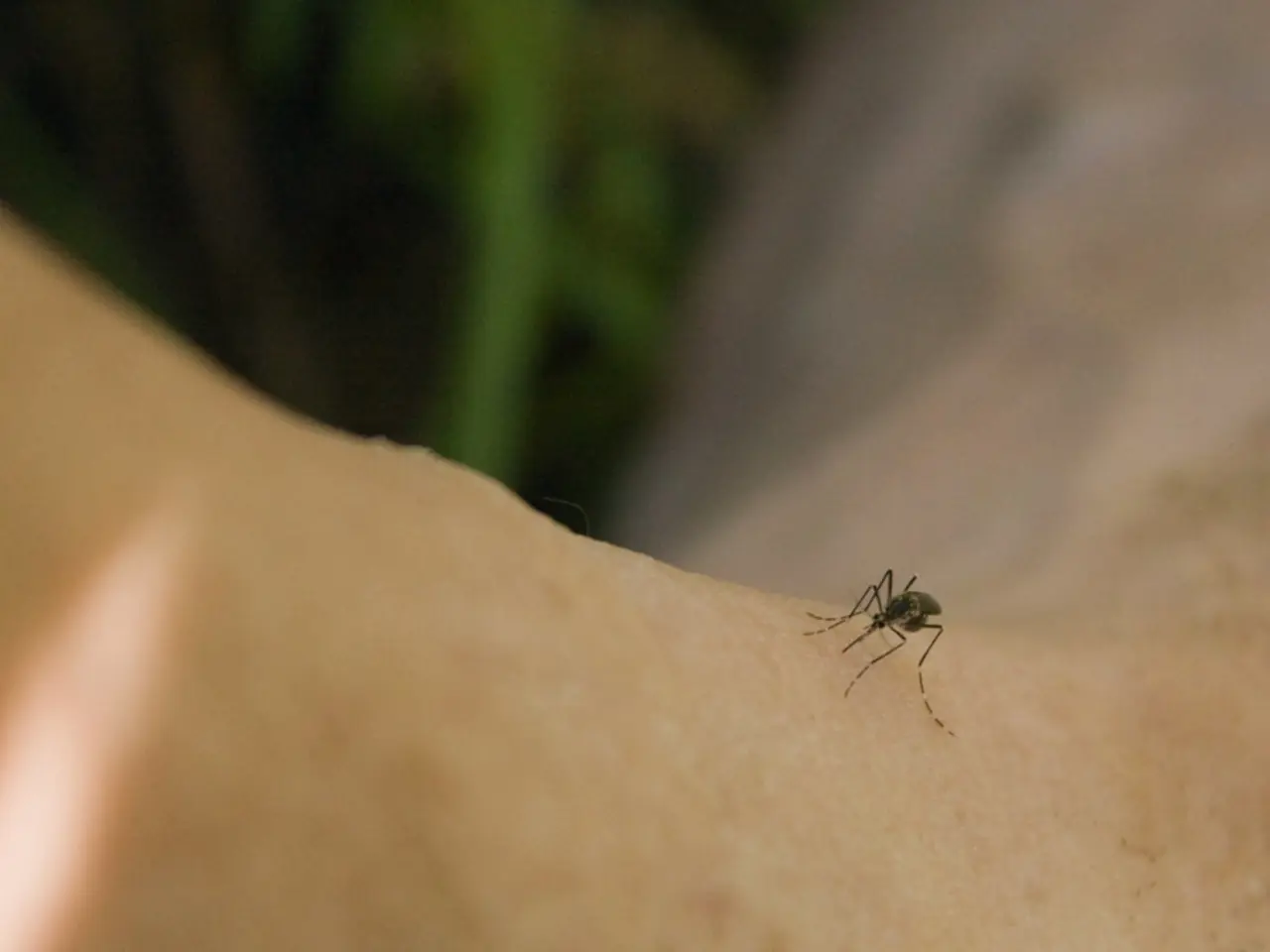Clinical studies suggest that basic blood tests could enhance the accuracy of malaria diagnosis
In a pioneering development, scholars from the Mahidol Oxford Tropical Medicine Research Unit (MORU) have published a study in the prestigious journal eLife that suggests using simple blood tests could help identify children misdiagnosed as having severe malaria.
The study, published under the DOI: 10.7554/eLife.69698, was conducted by scholars from MORU, a research collaboration between Mahidol University (Thailand) and University of Oxford and Wellcome (UK). The research was supported by eLife, a non-profit organization that publishes work of the highest standards and importance in all areas of biology and medicine, including Epidemiology and Global Health, and Genetics and Genomics.
Diagnosing severe malaria in children in Africa is challenging due to the presence of malaria parasites in both healthy and severely ill children. Misdiagnosis can delay life-saving antibiotic care and skew the results of studies of new treatments for malaria. The team found that people with glucose-6-phosphate dehydrogenase deficiency probably have some protection from malaria, a benefit that was likely obscured in previous studies by the high rate of misdiagnoses.
To address this issue, the researchers developed a statistical model that could distinguish between severe malaria and other severe illnesses using platelet and white blood cell counts. The model was applied to a large cohort of Kenyan children diagnosed with severe malaria, and it was estimated that approximately one-third of the children were misdiagnosed.
The discovery could help expedite research for better treatments for severe malaria. The researchers hope their new model can be used by other scientists and clinicians to improve the accuracy of diagnosis in children suspected of having severe malaria.
For more information about the study, visit the eLife website at https://elifesciences.org/articles/69698. To learn more about MORU, visit http://www.tropmedres.ac. For the latest in Epidemiology and Global Health research published in eLife, visit https://elifesciences.org/subjects/epidemiology-global-health.
Emily Packer, the Media Relations Manager at eLife, can be contacted at [email protected] and 44 (0)1223 855373. John Bleho, the Media and Communications Manager at MORU, can be reached at [email protected] and 90 537 567 8460.
The study's financial support and strategic guidance were provided by the Howard Hughes Medical Institute, the Knut and Alice Wallenberg Foundation, the Max Planck Society, and Wellcome. The researchers also acknowledge the support of the University Hospital Jena's Center for Sepsis Control and Care (CSCC), which is involved in developing improved diagnostic methods for severe infections, including statistical models based on blood tests. The CSCC started work in 2010 and focuses on improving diagnostics through molecular biological tests and other approaches.
eLife is a non-profit organization created by funders and led by researchers, with a mission to accelerate discovery by operating a platform for research communication that encourages responsible behaviors. To learn more about eLife, visit https://elifesciences.org/about. For the latest in Genetics and Genomics, see https://elifesciences.org/subjects/genetics-genomics.







